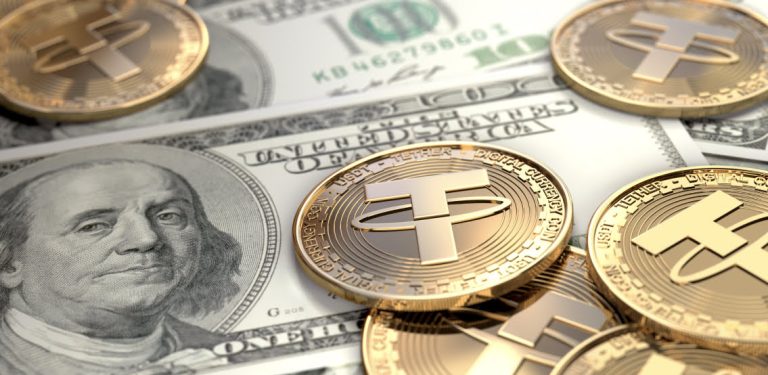PayPal’s stablecoin, PYUSD, is currently on the verge of reaching a significant milestone, with its market capitalization approaching the $1 billion mark. The current market cap of PayPal’s stablecoin (PYUSD) is $828.91 million, with a net market dominance of 0.04%. A total of 12,113 unique addresses are holding this large amount of PYUSD.
In August of last year, this stablecoin was launched on the Ethereum blockchain network. In the initial planning, the PayPal team aimed to launch directly on the Solana network, but conditions forced the fintech firm to go first with the Ethereum network. Later, the company launched PYUSD on the Solana network. Many people noted that the rapid growth has been driven in part by its integration with the Solana blockchain, a move that has been positively received by the cryptocurrency community and investors alike.
Growing Adoption of PYUSD
PYUSD has seen a steady increase in adoption since its introduction. The stablecoin is designed to facilitate seamless transactions within the PayPal ecosystem, offering users the ability to send, receive, and convert digital assets with ease. Its backing by the U.S. dollar provides a layer of stability that appeals to both individual users and businesses looking for a reliable digital currency.
The stablecoin’s integration with Solana, a high-performance blockchain known for its speed and low transaction costs, has significantly boosted its utility and appeal. Solana’s network, which can handle thousands of transactions per second, provides a scalable solution that aligns with PayPal’s vision of mainstream digital currency use. The integration allows PYUSD to be used across a wider range of decentralised applications (dApps) and services on the Solana network, enhancing its liquidity and making it more attractive to users and developers.
Stablecoin Market & Opportunity
Currently, only a few major players dominate the stablecoin business, such as USDT stablecoin issuer Tether, USDC issuer Circle, and USDP issuer Paxos. Other stablecoin issuers are relatively unpopular and are not receiving significant adoption support. This market faced a significant shock when the TerraUSD stablecoin collapsed badly during the last bear cycle of the crypto market.
At present, San Francisco-headquartered fintech company Ripple is also planning to launch its stablecoin. The company already has extensive expertise in XRP cryptocurrency-powered payment services globally and has gained legal clarity following a four-year legal battle with the United States Securities and Exchange Commission (SEC).





